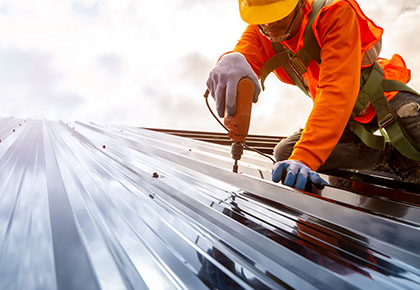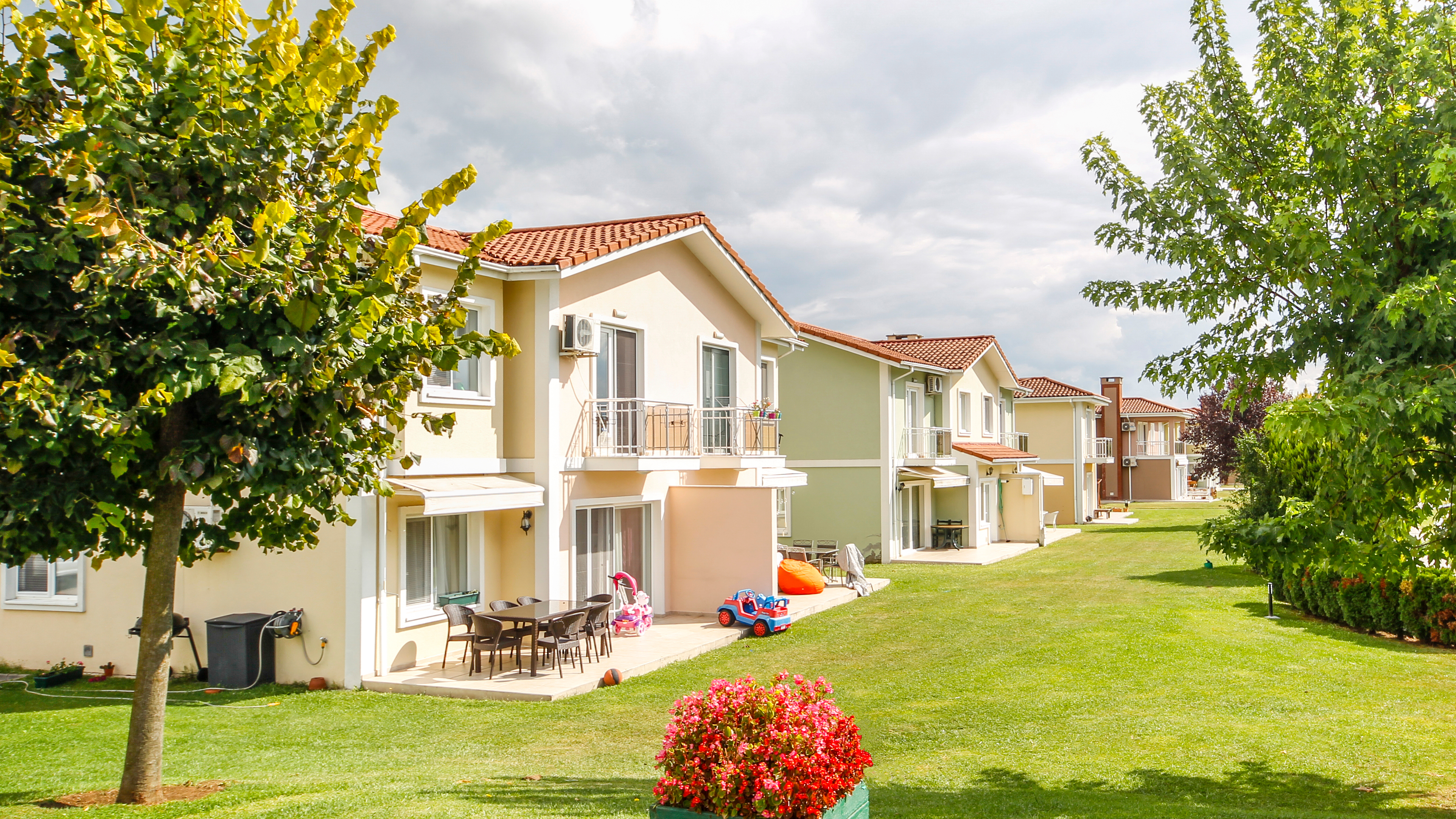-
Electronic Voting in Arizona - What You Should Know
These days, you can do almost anything online—buy groceries, look for a job or even find love. But what about voting on issues that affect your community? -
5 Surprising Reasons to Raise Your HOA Assessments
If your main concern is to avoid increasing assessments, you may want to reconsider. As a board member, one of your primary fiduciary responsibilities is to protect property values, and assessments are an investment that helps do just that. -
Post-Crisis HOA Cash Management: 3 Tips for Your Association
How do you manage collections and HOA funds after a crisis? Get 3 tips to help you plan for the future -
-

Reserve Funds, Assessment, or Loan: 3 Ways to Pay for a Capital Improvement Fee
Great capital improvements lead to better property values. Read on to see the three ways to pay for them and the pros and cons for each. -
Smart Financial Planning
Safeguarding a strata corporation’s operating and reserve funds is one of the main fiduciary duties of all board members, not just the treasurer. This means strata councils must protect the financial interests of the strata corporation and its members. -
Reserve Funds, Assessment or Loan: 3 Ways to Pay for Capital Improvements
Strategic capital improvements lead to better property values. Read on to see the three ways to pay for them and their pros and cons. -
HOA online voting: Can an HOA board vote by email?
For a growing number of community associations across the United States and Canada, statute changes are making electronic voting a possibility for boards. If your state or province permits online voting – or will soon – does that mean that your board should make this option available to homeowners in your community? -
Four ways to fund an HOA capital improvement project
Living in a residential community means around-the-clock routine maintenance to preserve the community and its assets. But there comes a time when one of your assets will reach the end of its useful life and require a replacement or significant repairs. -
Keeping HOA and Condo Common Areas Clean During the Coronavirus Pandemic
During these unprecedented times, residents are spending the majority of their time at home to prevent the spread of COVID-19 and protect themselves and their loved ones from infection. One of their primary contact points with the outside world is in your HOA or condo common areas, where they can be at risk of contact with lingering coronavirus or even spread existing virus to other areas of the property. Read on for a comprehensive list of places to clean and how to clean them. -

Capital improvements vs repairs and maintenance: What’s the difference?
Maintaining your buildings’ assets is not a one-size-fits-all proposition. The common areas require a broad range of routine maintenance and repairs to keep them looking good and operating smoothly. -
Preventing Fires: Fire safety in your community association
Part of your job as a board member is ensuring the safety of residents in your community association. To that end, it’s important to educate homeowners about possible fire risks and the steps they can take to prevent fire hazards in their homes. Chances are that fire safety isn’t top of mind for residents. However, home fires are more common than most people realize. -
Hiring a reserve study company: Five things to know
In our guide to capital improvements , reserve studies and their relationship to capital improvements and preventive maintenance were discussed at length. -
Updating Your Community Emergency Preparedness Plan for Pandemics
In the past, when planning for emergencies, a global pandemic was likely not on your list. While most board members did not anticipate a pandemic as something that needed a plan before COVID-19, it's now clear that communities need to develop a plan to address this and any future pandemics. Read on to learn how to build a community emergency preparedness plan with a possible resurgence of coronavirus and other potential pandemics in mind. -
15 Things You’ll Want to Do Before Selecting an Insurance Agent
Insurance is one of the most important line items on your association's budget, but it is oftentimes the most expensive. Do you know how to select the right agent? -
How to Get Rid of Millipedes and How to Prevent Their Invasion
Ah, Florida nights. Perfect temperatures. And...a disgusting mass of undulating insects climbing up the side of your building? Learn how to get rid of millipedes. -
What to Know About an HOA Emergency Board Meeting During Trying Times
It's hurricane season again. As soon as June 1st rolls around, we are assaulted with hurricane preparedness pamphlets and emergency information at every turn. -
Energy Efficiency for Community Associations
Many community association boards and residents would like to implement energy efficiency measures in their communities. But what about the cost to get started? -
Estoppel Certificates: 7 Myths and the Real Facts
Estoppel certificates are a critical part of any real estate transaction and can be confusing. What's included, how are they created, what does it all mean? Learn more here. -
First Locally Transmitted Virus Case Confirmed for Zika in Florida
In February, the World Health Organization declared a public health emergency when cases of the Zika virus began to spread, impacting Florida. -

Five Simple Tips for Marketing Your Association
Nothing says a healthy community like full homes/units and bustling activity in common areas. Painting a pretty picture of a dynamic community to potential buyers takes minimal effort on the part of the board. -
Six things you should know about flood insurance in Florida
As a Floridian, you're pretty familiar with flood insurance, but you may not be aware of the recent changes in the law. Learn more here! -
Four Ways to Get Mosquitoes to Buzz Off
Ah, summertime in Florida. Backyard barbecues. Long days at the beach. And endless mosquito bites. -
High Rise Fire Safety Tips
High-rises come with their own challenges, and chief among them is fire safety. Here are four Fire Safety Tips from the experts at National Fire Protection Association (NFPA).